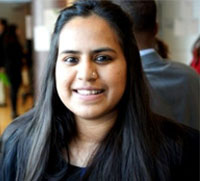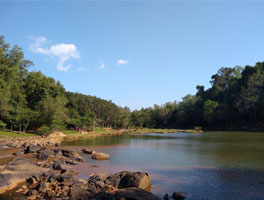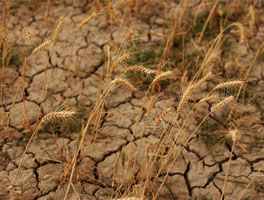 |
Dear readers,
Welcome to the Climate Weekly newsletter by the Centre for Science and Environment’s Climate Change programme and Down to Earth.
The climate problem is an economy-wide problem and the transition that we need, away from fossil fuels and towards zero carbon sources of energy, will affect the economies and lives of huge swathes of the world’s population. This does not signal that we must slow down the transition but must account for its unwanted impacts through the lens of equity and climate justice. Countries speak from differing circumstances at climate summits, afflicted by a range of domestic anxieties from how to keep the lights on during the peak summer, to how to address the job losses that may occur if the fossil-intensive sectors need to be shut down. Others are simply not keen to give up the huge revenues they earn from the production and export of fossil fuels. These dynamics are at play in climate summits and explain why a country may support or ‘block’ any particular language or decision. Our insider’s guide to the Global Stocktake highlights five such areas with nuances you may not have noticed, written by Tamanna Sengupta. For example, while supporting language on phase out of fossil fuel subsidies, India and China insisted that it must be balanced and must include “inefficient fossil fuel subsidies that do not address energy poverty or just transitions”, to precisely address this justice issue.
Despite the imperfection of the final outcome, the Global Stocktake was a hard-fought decision, and all efforts must focus this year to determine what an equitable phaseout of fossil fuels should look like, and how it will be financed and implemented. The momentum gained on spotlighting fossil fuels cannot be lost.
We have also recapped the crucial developments on mitigation, finance, and carbon markets at COP 28 for you to glance through.
Join this webinar to learn about the state of rooftop solar PV in India. You can sign up here for CSE’s training programme Demystifying Environmental and Sustainability Data for Effective Communication in the 21st Century.
And lastly, we invite journalists to apply for CSE’s flagship event, the Anil Agarwal Dialogue, which will be held from February 28 to March 1, 2024, at our campus in Rajasthan.
|
|
 |
| |
 |
|
| |
 |
 |
| |
By - Avantika Goswami
Climate Change, CSE
|
| |
|
 |
|
|
| |
 |
|
| |
| EXTREME WEATHER TRACKER |
| |
Over 77 countries saw highest average temperature in 2023 in close to 5 decades: Report, 11 January 2024
|
 |
 |
|
|
| |
 |
|
| |
 |
 |
Extreme weather events most severe global risks over next 10 years: WEF, 11 January 2024
|
|
|
| |
|
|
| |
|
|
| |
 |
|
| |
|
COMMENTARIES |
 |
|
Marginal triumph at COP28, 05 January 2024
|
 |
|
The world agreed to transition away from fossil fuels at COP28 Dubai, besides operationalising a Loss and Damage Fund; it did not set a deadline for fossil fuel phaseout or reassure on climate finance & equity though
|
|
|
| |
|
|
| |
|
|
| |
 |
|
| |
CLIMATE NEWS | SCIENCE| IMPACTS| POLITICS |
|
| |
 |
|
| |
|
|
| |
 |
|
| |
|
|
| |
 |
|
| |
|
|
| |
 |
|
| |
|
|
| |
 |
|
| |
|
|
| |
 |
|
| |
|
|
| |
 |
|
| |
|
|
| |
 |
|
| |
|
|
| |
 |
|
| |
|
|
| |
 |
|
| |
|
|
| |
 |
|
| |
|
|
| |
 |
|
| |
|
|
| |
 |
|
| |
|
|
| |
 |
|
| |
|
|
| |
 |
|
| |
|
|
| |
 |
|
| |
|
|
| |
 |
|
| |
|
|
| |
|
|
| |
|
|
| |
 |
|
| |
|
|
| |
|
|
| |
| Anil Agarwal Dialogue |
|
Online Training Course |
| |
|
|
|
|
|
|
|
|
| |
|
|